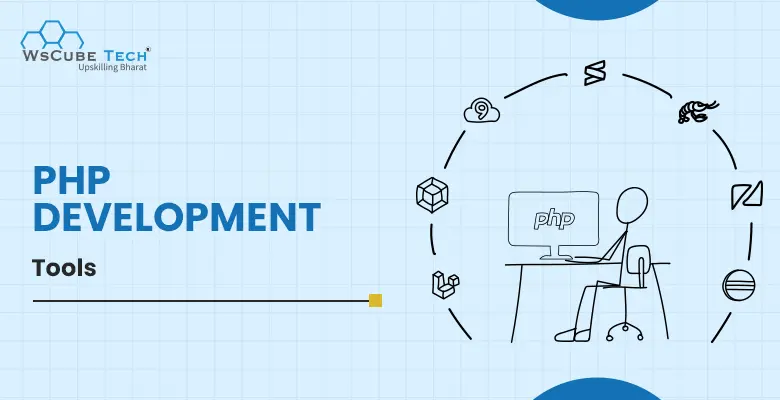Pulse of Information
Stay updated with the latest news and insights.
PHP Development: Where Functions and Fun Collide
Discover the wild side of PHP development! Dive into functions, fun, and the secrets that will level up your coding game.
Understanding PHP Functions: A Beginner's Guide
PHP functions are fundamental building blocks in the PHP programming language, allowing developers to encapsulate and reuse code efficiently. A function is essentially a block of code that performs a specific task; once defined, you can call it whenever you need to execute that task. This not only makes your code cleaner and more organized, but it also enhances its maintainability. For beginners, understanding how to create and utilize functions is crucial, as it sets the foundation for more complex programming concepts.
To define a function in PHP, you use the function keyword followed by a name and parentheses containing any parameters the function may require. For example:
function myFunction() { echo 'Hello, World!'; }To invoke a function, simply call its name followed by parentheses. Parameters can be passed into the function to modify its behavior. Consider the following example where a parameter is used:
function greet($name) { echo 'Hello, ' . $name; }Mastering PHP functions will empower you to create dynamic and interactive web applications with ease.

10 Fun and Creative Projects to Enhance Your PHP Skills
Enhancing your PHP skills can be both fun and rewarding, especially when you engage in creative projects that challenge your abilities. Here are 10 exciting ideas to get you started:
- Build a Personal Blog: Create a simple yet elegant blog where you can share your thoughts and experiences. This project allows you to practice CRUD operations by implementing post creation, reading, updating, and deleting functionalities.
- Develop a To-Do List App: Build a task manager that allows users to create, edit, and delete tasks. You can add features like deadlines and priority levels, honing your PHP skills further.
- Create a Weather Application: Utilize APIs to fetch and display weather data for different locations, perfect for learning how to work with external data sources.
- Design a PHP MVC Framework: Dive deep into architecture by creating your own Model-View-Controller framework, which will help you understand design patterns and best practices.
- Online Quiz System: Develop an interactive quiz platform that allows users to answer questions and view their scores, which will sharpen your logic and database management skills.
- Simple E-commerce Site: Start a basic online store with shopping cart functionality. This project will help you learn about payment processing and inventory management.
- Photo Gallery: Create a photo gallery application where users can upload and share images, allowing you to work with file uploads and user authentication.
- Recipe Book: Build a digital recipe book where users can submit their favorite recipes, teaching you about form handling and data storage.
- Forum System: Design a simple forum where users can post topics and reply, great for practicing user interaction and security measures.
- Event Calendar: Develop a calendar application to manage events, which can enrich your understanding of dates and event handling in PHP.
With these creative projects, you'll not only improve your PHP skills but also create tangible results that can be added to your portfolio. As you embark on these journeys, remember to keep experimenting and learning, pushing the boundaries of what you can accomplish with PHP. Whether you're building something for yourself or for others, each project will bring unique challenges and opportunities to grow your programming abilities.
Why PHP Functions Are Essential for Efficient Coding
PHP functions are crucial for improving the efficiency and readability of your code. By encapsulating a specific task within a function, developers can avoid writing repetitive code, leading to less clutter and improved maintainability. For instance, if a particular operation—like connecting to a database or processing user input—is required multiple times throughout a script, creating a function helps centralize this logic. This reduces the risk of errors, as changes can be made in one location rather than hunting down every instance where the operation occurs.
Moreover, using functions in PHP enhances collaboration among developers. When functions are well-named and documented, they act as self-contained modules that clearly convey their purpose and functionality. This modularity not only aids in debugging but also simplifies the integration of new features since functions can be modified or replaced without affecting unrelated parts of the code. Therefore, adopting a function-oriented approach is essential for building scalable and efficient applications in PHP.